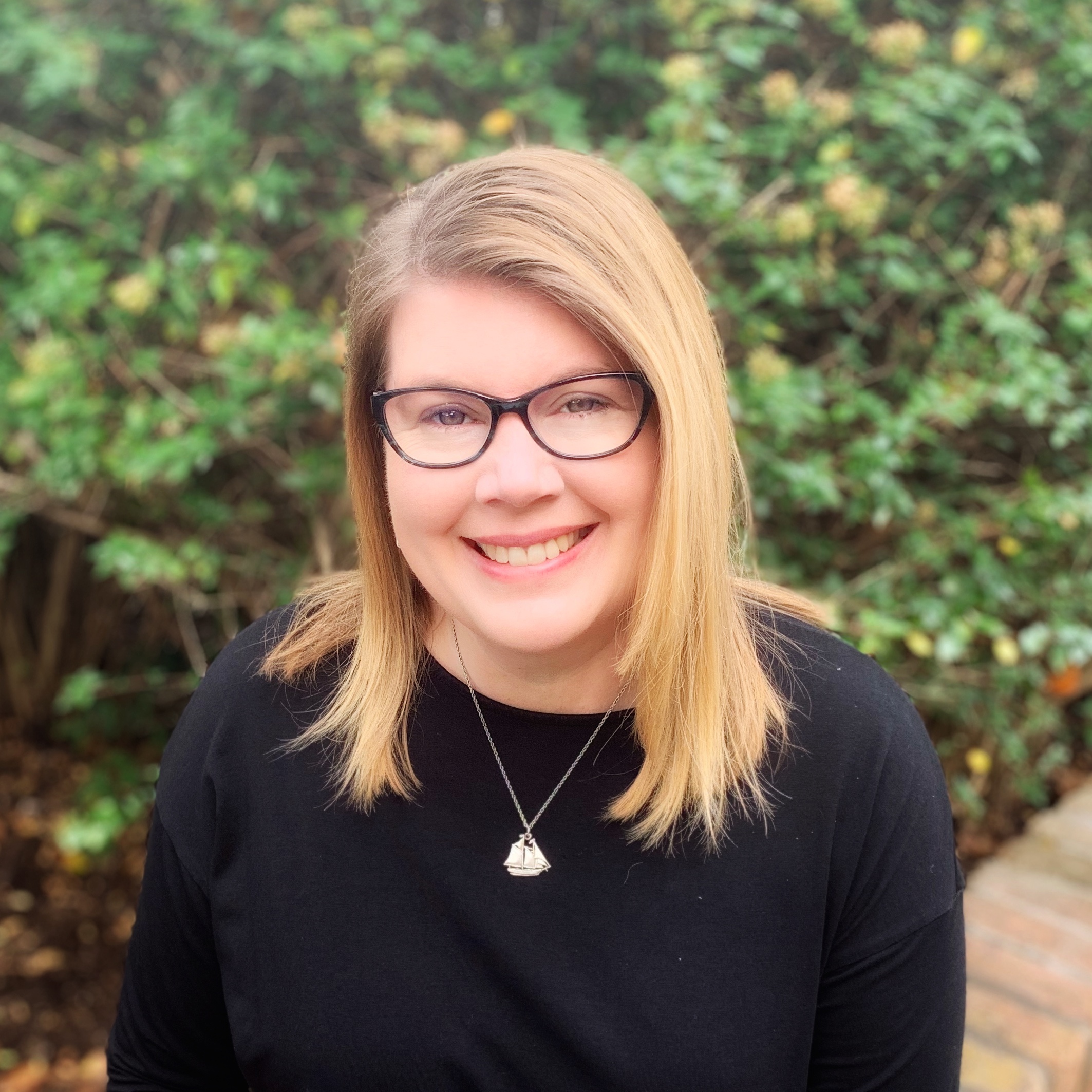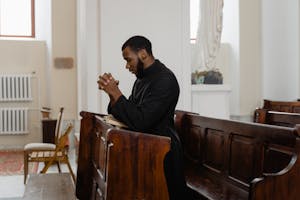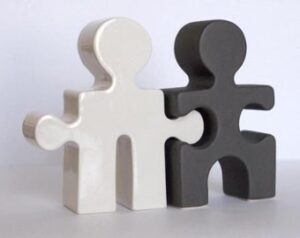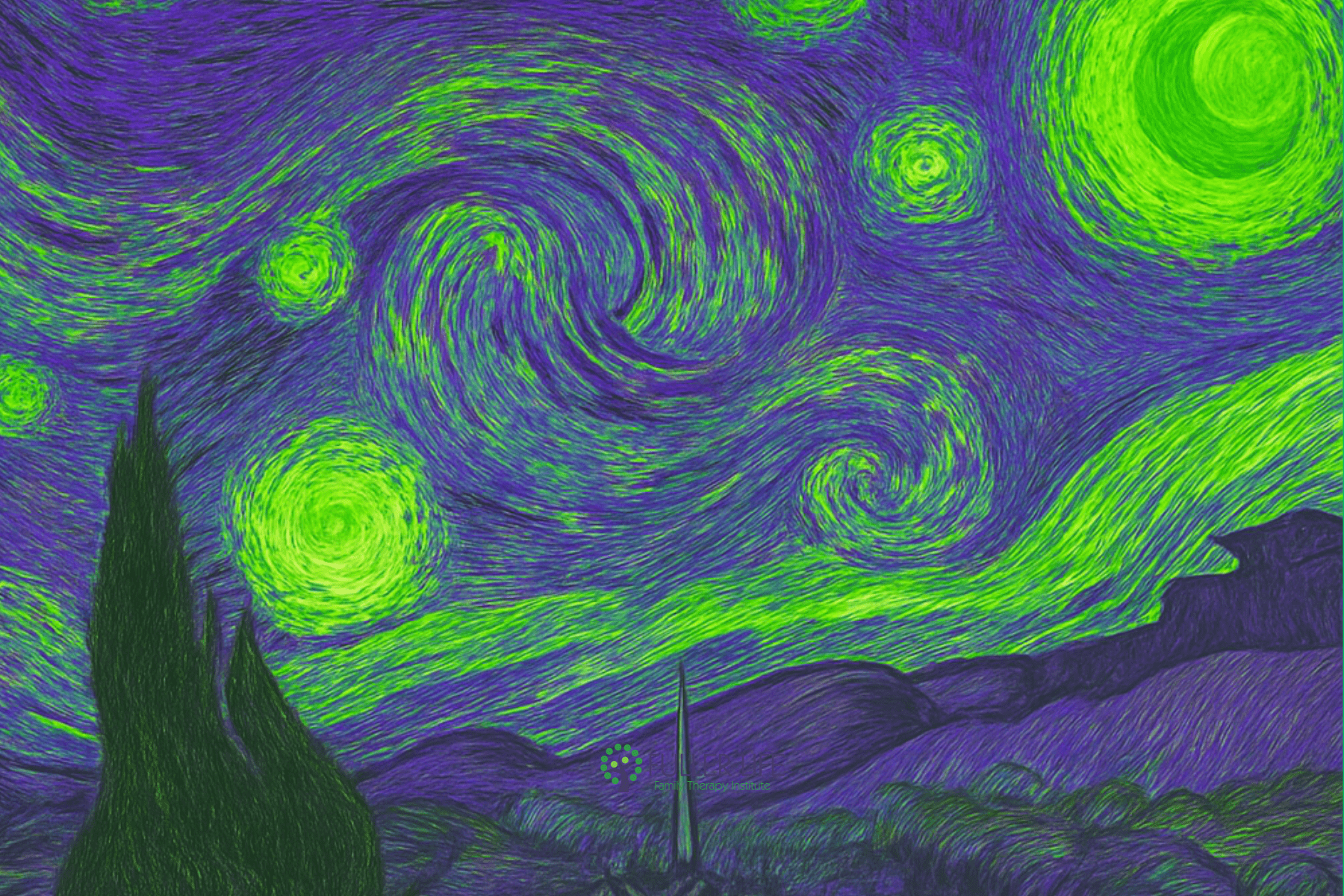Lost Places
We do not like to be lost. We avoid that scary uncomfortable place at all costs.
A little girl is lost in a department store just moments before she hears the reassuring voice of her mother. Her heart is racing, head spinning, disoriented and un-centered on the verge of tears. The body reacts before the mind even has a chance to think the words, “I’m lost.”
Adults encounter many lost places beyond the ones that are merely geographical: serious illness, the death of a loved one, losing a job, breaking up with a significant other, a move to a new city. Even after hopeful events such as a graduation or marriage we can experience a loss of the familiar, and find ourselves in uncharted territory.
Barbara Brown Taylor writes, “Even though you would rather not think about it, you are exquisitely vulnerable in this moment. You are vulnerable to this moment. Your carefully maintained safety net has ripped. Your expensive armor has sprung a leak. You are in need of help and this awareness is not a bad thing. There are people all over the world who know how helpless you are feeling right now. If you listen to these people, they may be able to convince you the odds of your survival are very good.”
For those of us who have experienced lost places we may see those moments as touchstones in our life. These were periods when we learned and grew, times when we realized we were much stronger than we thought. These were defining moments that created new paths we never would have taken.
If you are currently experiencing a time of disorientation, here are some tools that others have found helpful along the journey.
- Faith: In Brené Brown’s book, The Gifts of Imperfection, the fifth guidepost of wholehearted living is having a faith practice. “Faith is a place of mystery, where we find the courage to believe in what we cannot see and let go of our fear of uncertainty.” Faith allows us to hope in times of uncertainty and helps us rediscover our center. Being a part of a faith community is also a place where we can feel support and love from others. We are able to share the journey with others who have walked through lost places before us.
- Self-Compassion: The words that we say to ourselves when we are disoriented can either help or sabotage. Critical self-talk can lead to higher levels of anxiety and depression. Compassionate self-talk helps to calm the fight/flight/freeze response and creates access to more parts of the brain. We expand access resources and opportunities when we respond to ourselves with kindness.
- Support: When we share our struggles with others who listen with empathy, the process of healing can begin. We realize that we are not alone. The opposite is also true. When we share our struggles and our experience is discounted, we experience shame and rejection. Find someone who listens, is supportive, and limits advice during these difficult times.
If you are in the midst of a lost place, we at Fuller Life Family Therapy would like to walk the journey of healing with you.
Brown, Brené, The Gifts of Imperfection: Let Go of Who You Think You’re Supposed to Be and Embrace Who You Are, 2010.
Taylor, Barbara Brown. An Altar in the World: A Geography of Faith, 2010.










